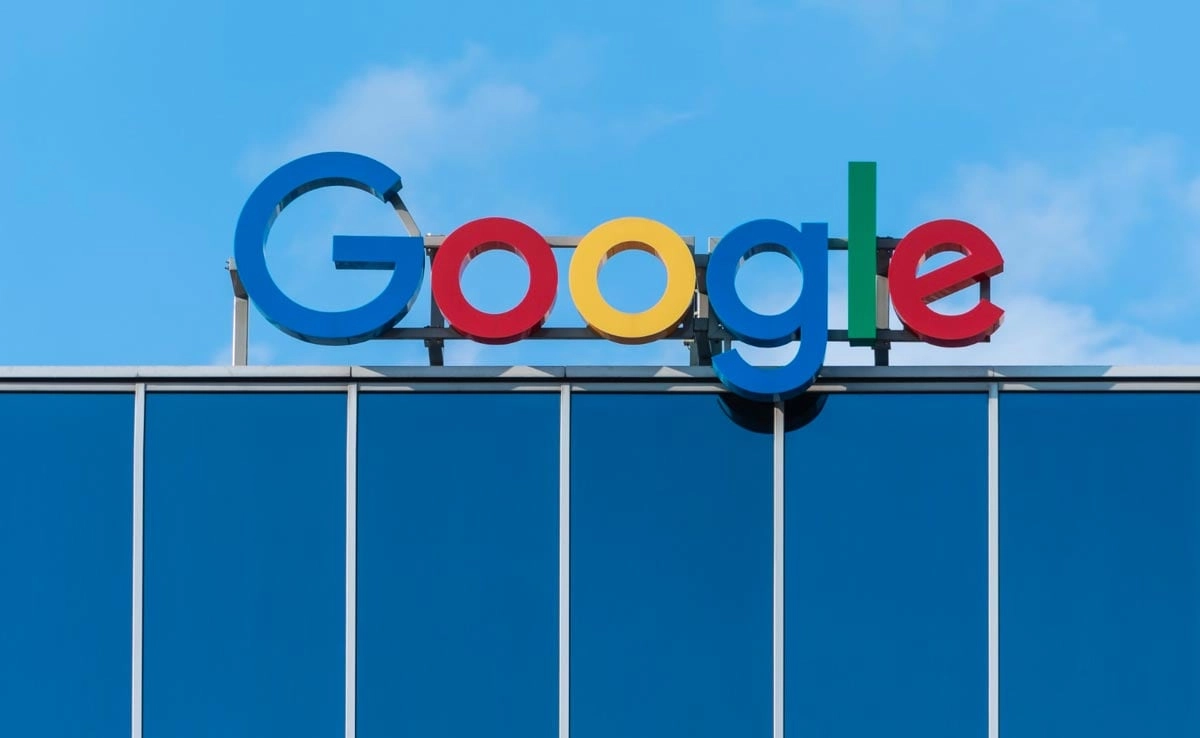In a significant antitrust ruling, a court has determined that Google is not required to divest its Chrome web browser as part of ongoing legal scrutiny surrounding the tech giant’s market practices. This decision comes amidst broader concerns about monopolistic behavior and market control in the technology sector, particularly regarding how large companies manage their products and services. Critics have long argued that Google’s dominance in online search and advertising has stifled competition, raising questions about the fairness of the digital marketplace. However, the court found that the existence of Chrome as a product does not inherently create antitrust violations, suggesting that competition in the browser market remains viable.
The ruling is a pivotal moment in the ongoing conversation about technology regulation and corporate accountability. Proponents of stringent antitrust measures argue that without significant oversight, companies like Google can engage in practices that limit competition and innovation. On the other hand, the court’s decision underscores the complexity of proving antitrust violations, especially when it comes to assessing whether a company’s market share translates into detrimental impacts on consumers and competitors alike. The court emphasized that competition exists in the browser market, with other alternatives like Mozilla Firefox, Microsoft Edge, and Apple Safari remaining available to users.
Furthermore, this ruling may set a precedent for how future cases involving big tech companies are approached by the legal system. As governments worldwide grapple with the rapid evolution of technology and its implications for competition, the balance between encouraging innovation and preventing monopolistic behavior continues to be a contentious issue. While advocates for consumers and smaller tech firms may view this ruling as a setback, it also highlights the challenges faced in navigating the complexities of digital markets. The ramifications of this decision could influence not only Google’s operations but also the strategies of other major tech players as they navigate their market positions in an increasingly scrutinized environment.
In conclusion, the court’s ruling that Google is not mandated to sell Chrome serves as a crucial chapter in the ongoing narrative of antitrust discussions in the tech industry. As the landscape continues to evolve, stakeholders—from policymakers to consumers—will be watching closely to see how this decision impacts competition, innovation, and the overall structure of the digital marketplace. The challenges of regulating technology giants are significant, and this ruling may prompt further debate about the effectiveness of current antitrust laws and the need for potential reforms to address the unique dynamics of the digital economy.




